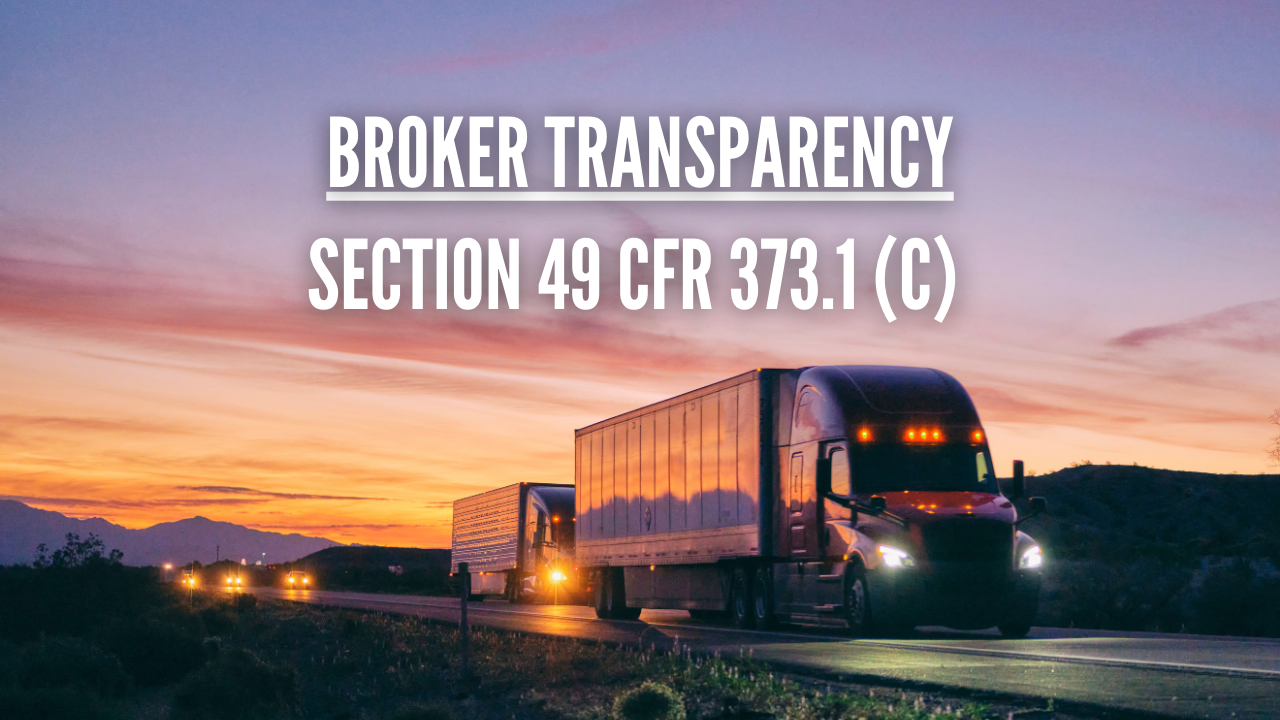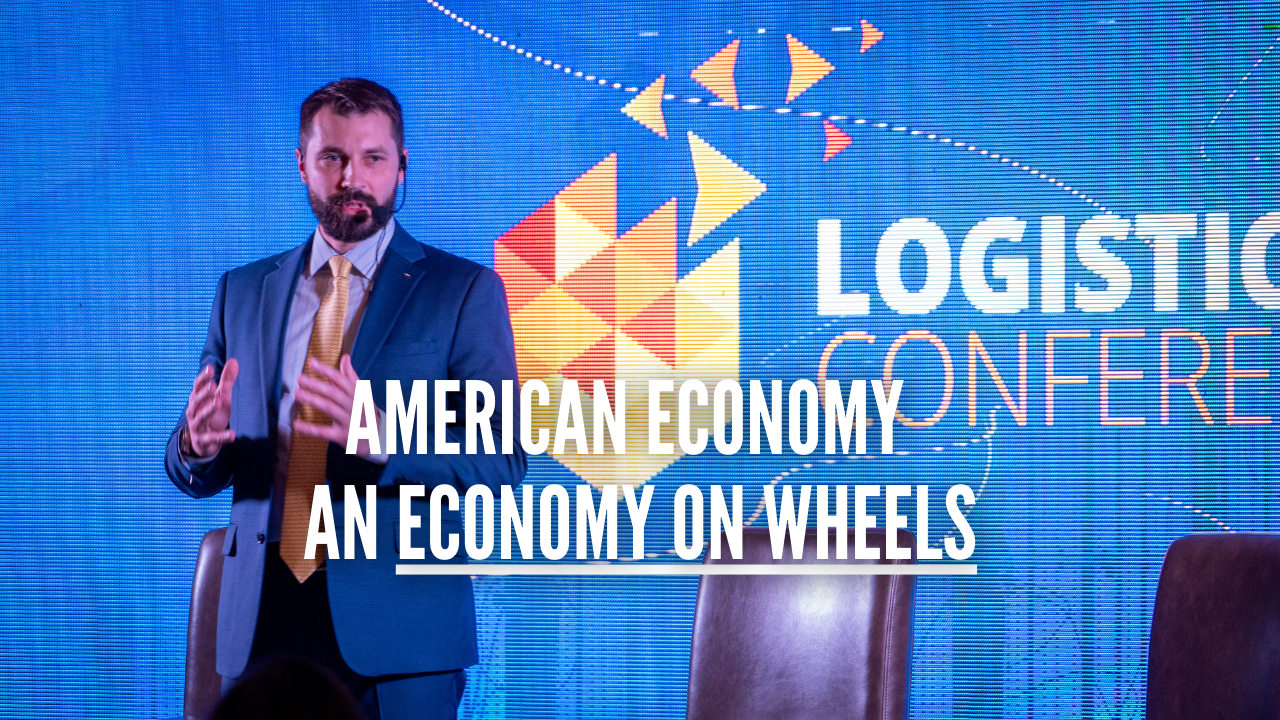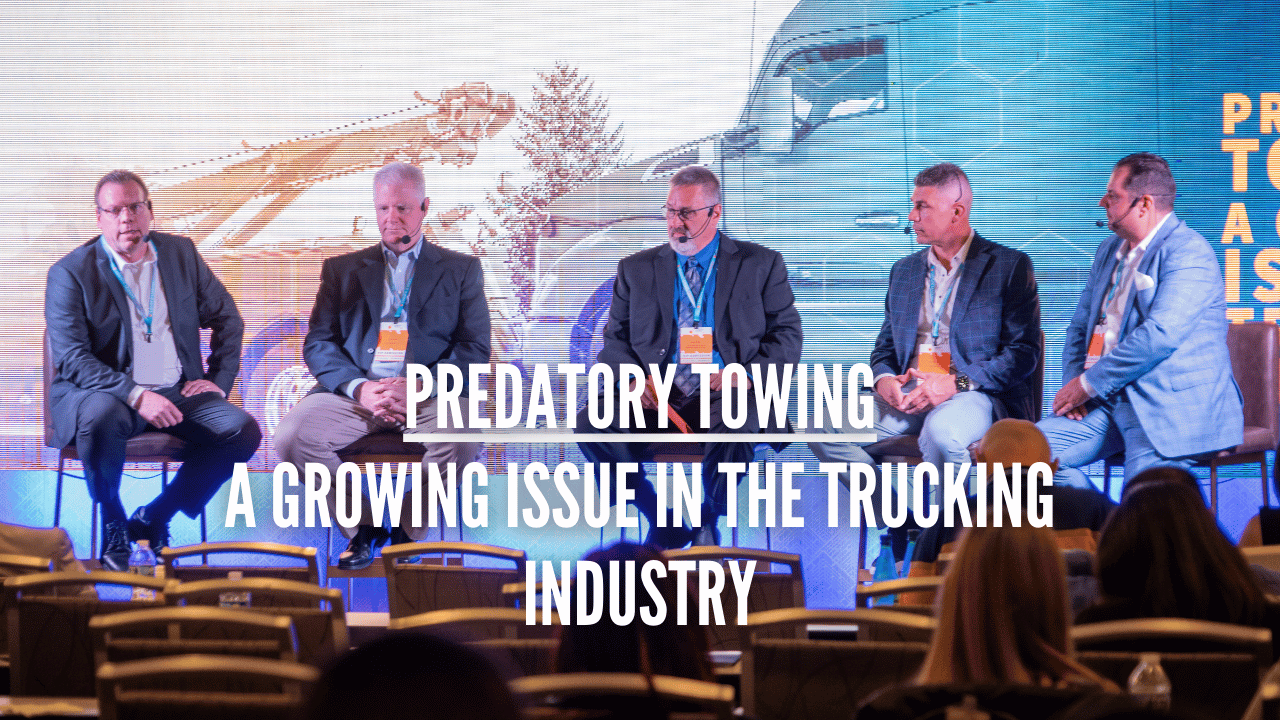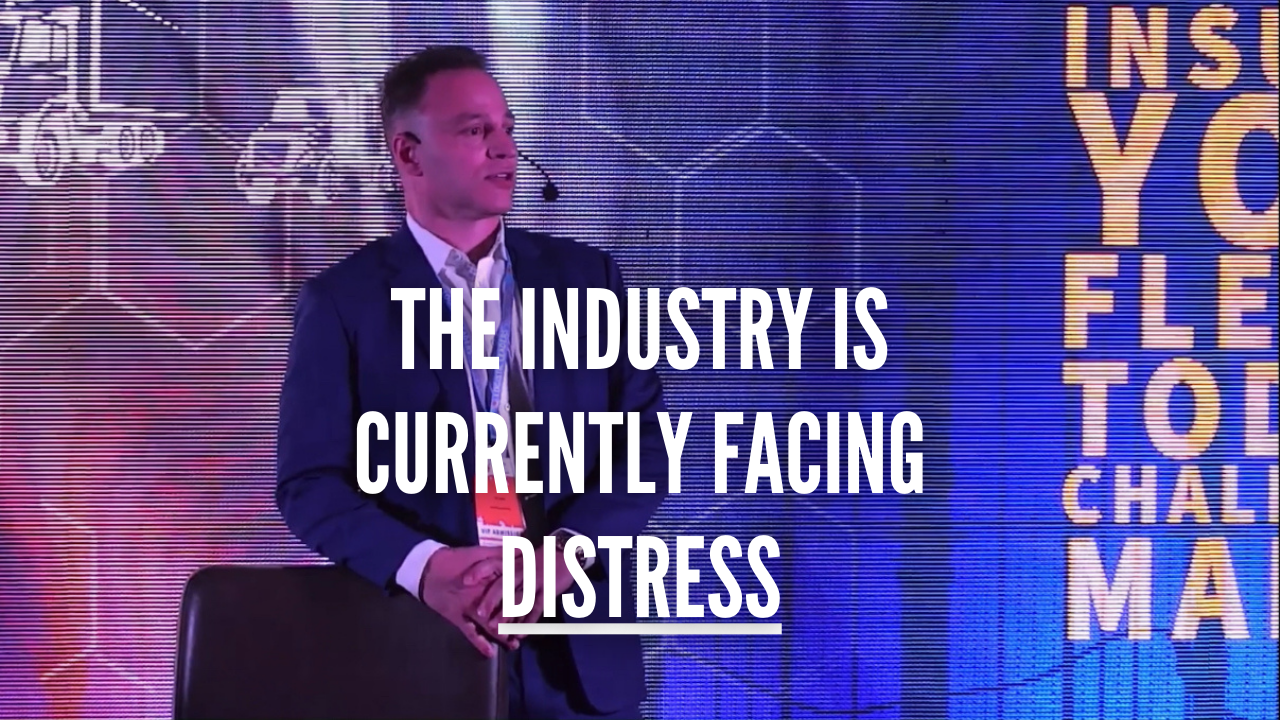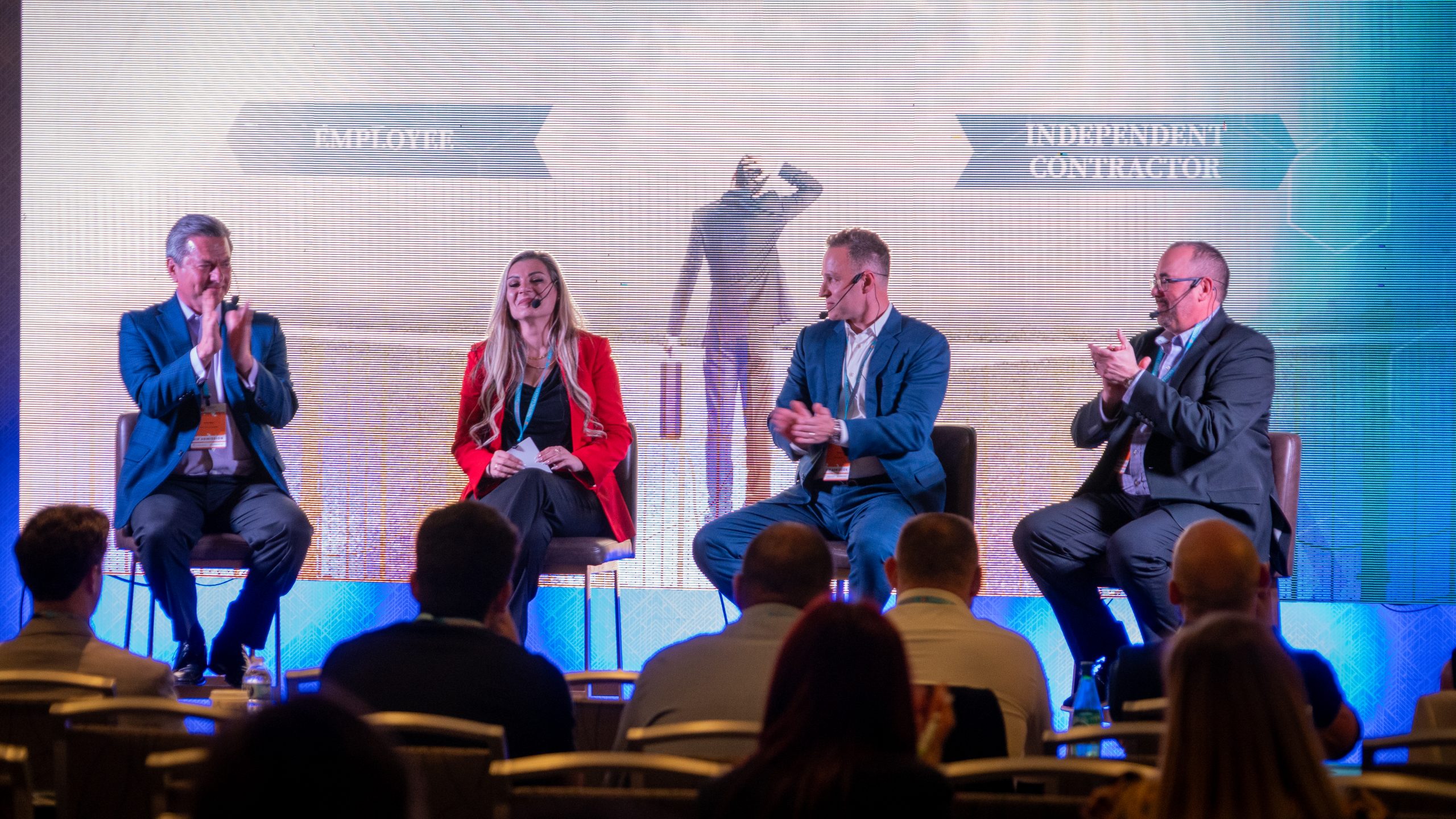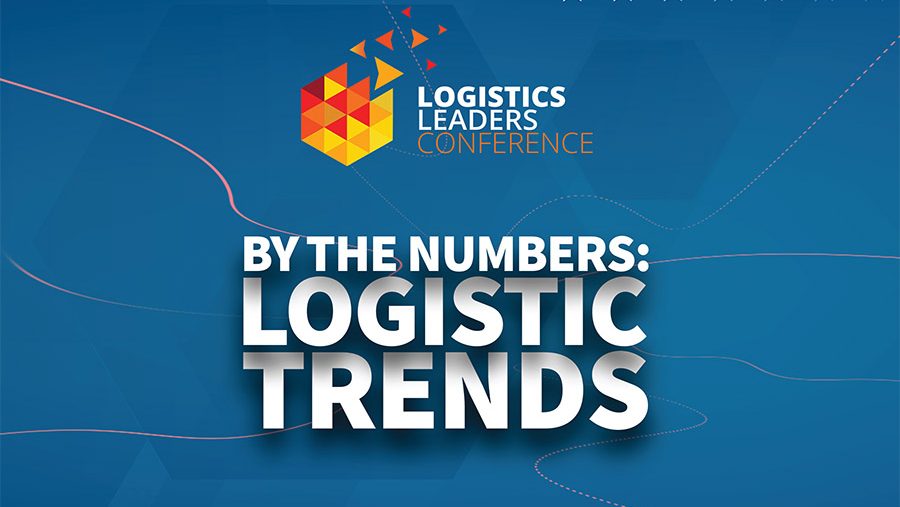The trucking industry faces a significant challenge with predatory non-consensual towing. Our panel of experts addressed practical strategies for carriers to manage excessive wrecker bills and explored the legal options available in different states. The panel will comprise representatives from The Professional Towing & Recovery Operators of Illinois, motor carriers, physical damage claim adjusters, and transportation attorneys.
Recent Trends in Non-consensual Towing
From excessive fees to lengthy release delays, the landscape of towing services has become mired in controversy. Lack of regulations in many areas has only exacerbated the problem.
State by State Tow Regulations
Legislative efforts are underway across the country, with some states enacting stricter laws while others are still in the process of drafting and passing legislation. These initiatives aim to curb abusive towing practices and hold companies accountable for their actions.
At the federal level, both the Federal Trade Commission (FTC) and the Federal Motor Carrier Safety Administration (FMCSA) are actively working to crack down on predatory towing practices.
Towing industry’s perspective
The towing industry has its own perspective on these proposed regulations. While some companies may see them as necessary to weed out bad actors, others argue that excessive regulations could hinder their ability to operate efficiently.
Insurance Considerations in Towing
When it comes to insurance considerations in towing, having premier insurance company physical damage insurance coverage is essential. Adequate tow limits can help cover the costs associated with towing services, protecting carriers from unexpected expenses. Aggressive negotiation of tow bills and coordination between cargo and physical damage insurance carriers can also lead to speedy resolutions of towing issues, especially concerning cargo in transit.
Practical Ways for Motor Carriers to Protect Themselves
To protect themselves from abusive towing practices, motor carriers must take proactive steps. Drivers should refrain from signing any documents presented by tow companies on-site and document the towing operation thoroughly with photos and videos. In some cases, drivers may have the right to select a towing provider rather than using the company assigned to them by local authorities.
Furthermore, forming relationships with reputable tow companies in the areas where they operate can help carriers ensure reliable and fair towing services.
By staying informed about regulations, legislation, and best practices in the towing industry, motor carriers can navigate non-consensual towing with confidence and protect their interests effectively.
Featuring:
George Hristov – CEO of Freightstar, Partner at Colonial Insurance
Bruce Pedigo – President of the Professional Towing & Recovery Operators of Illinois
David Ferris – Attorney at UB Greensfelder LLP
Kevin Calabrese – Physical Damage Adjuster, Northland Insurance Company
Toni Gjurovski – CEO of TAG Trans, Inc


